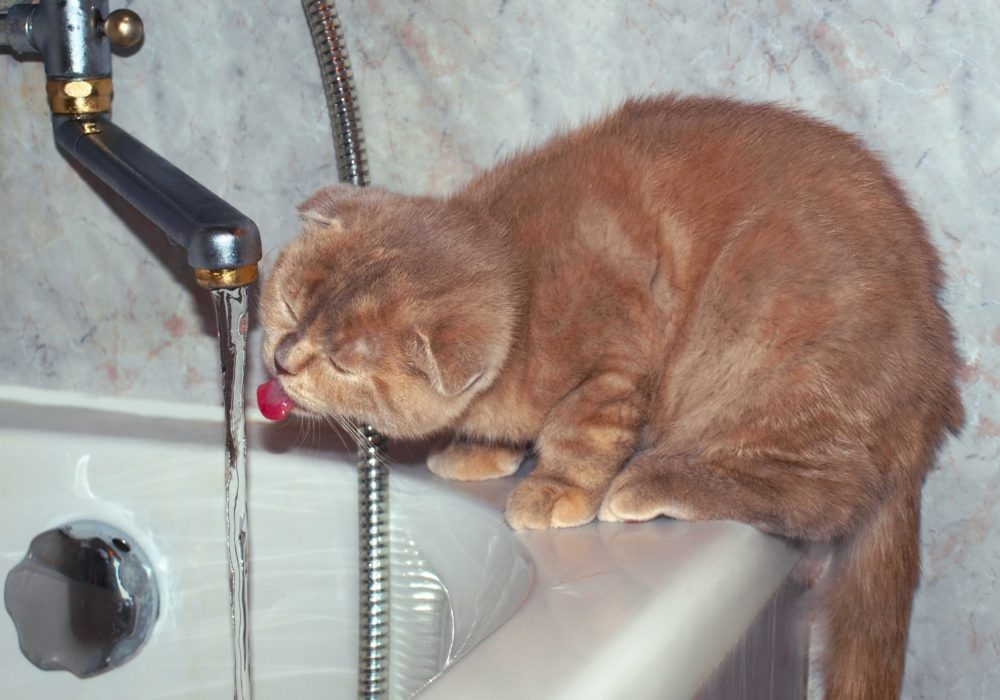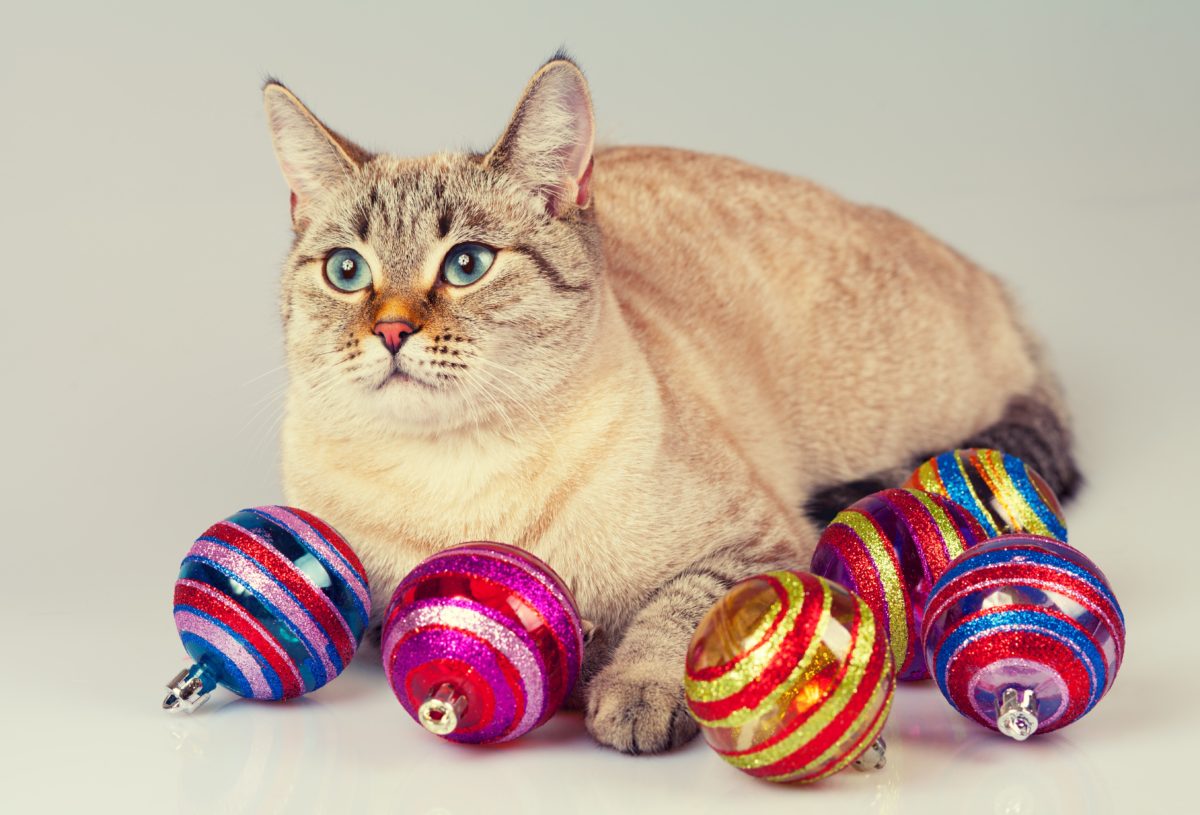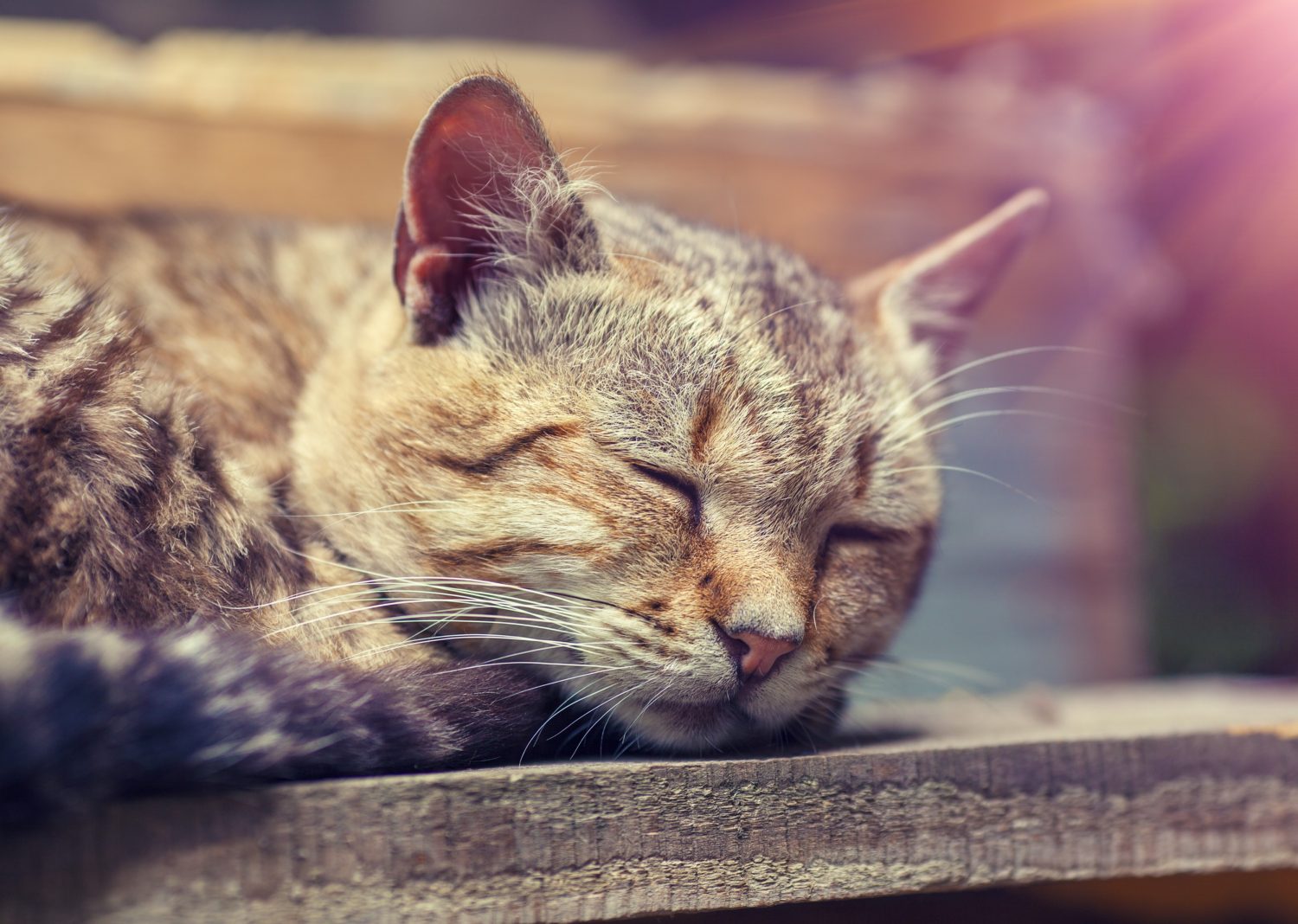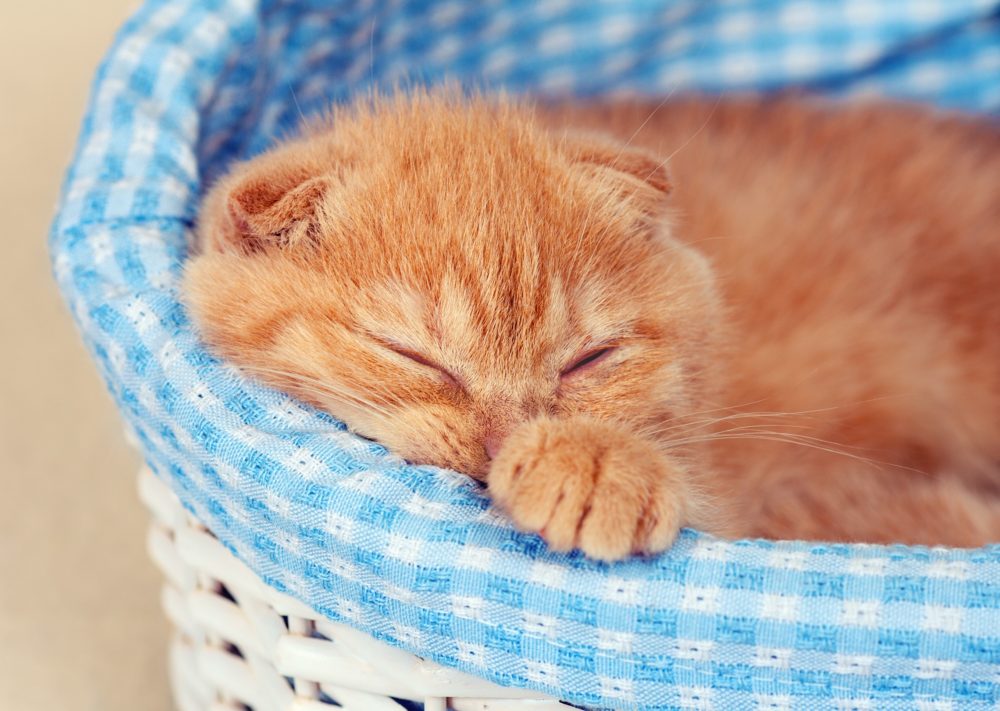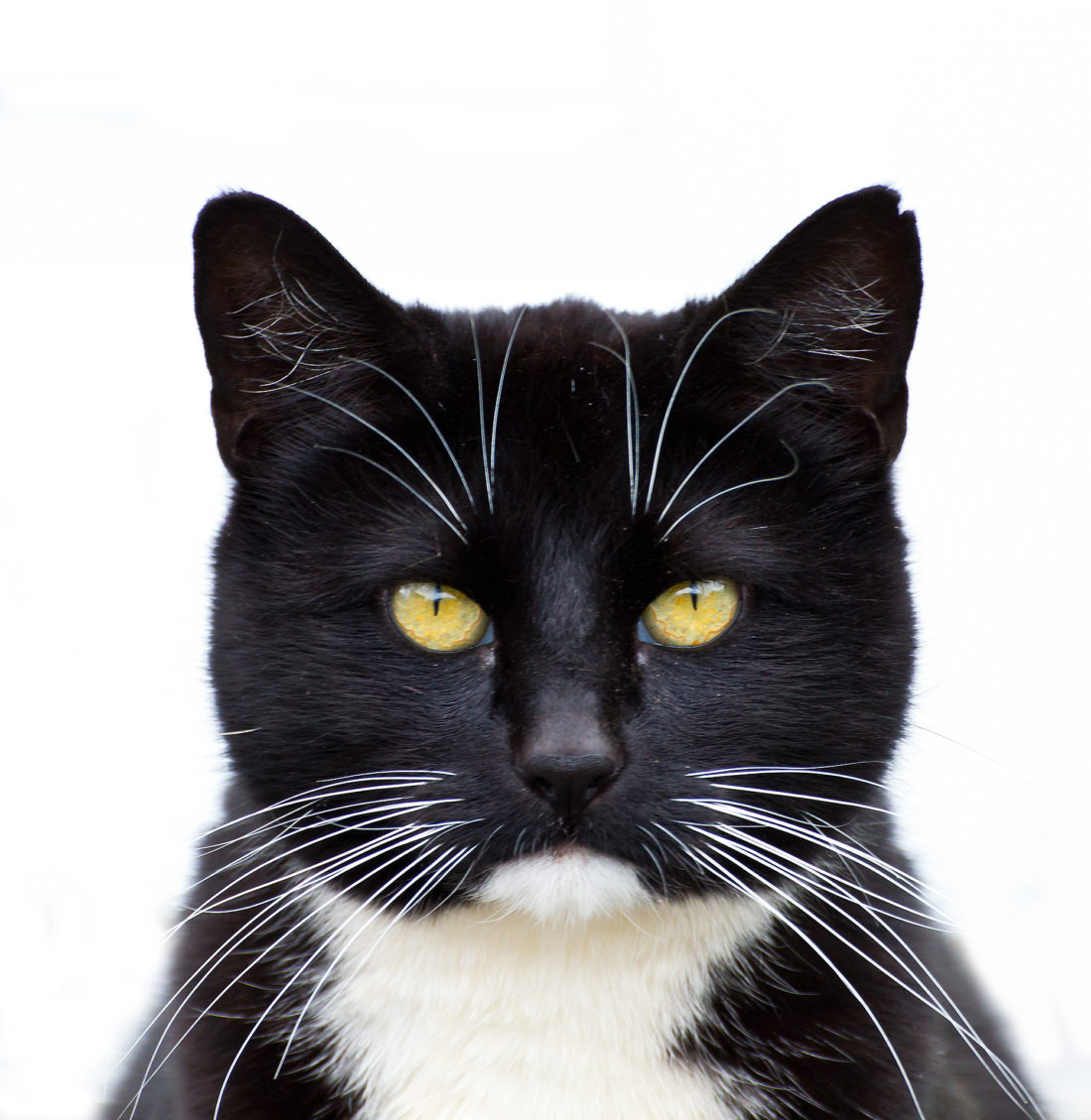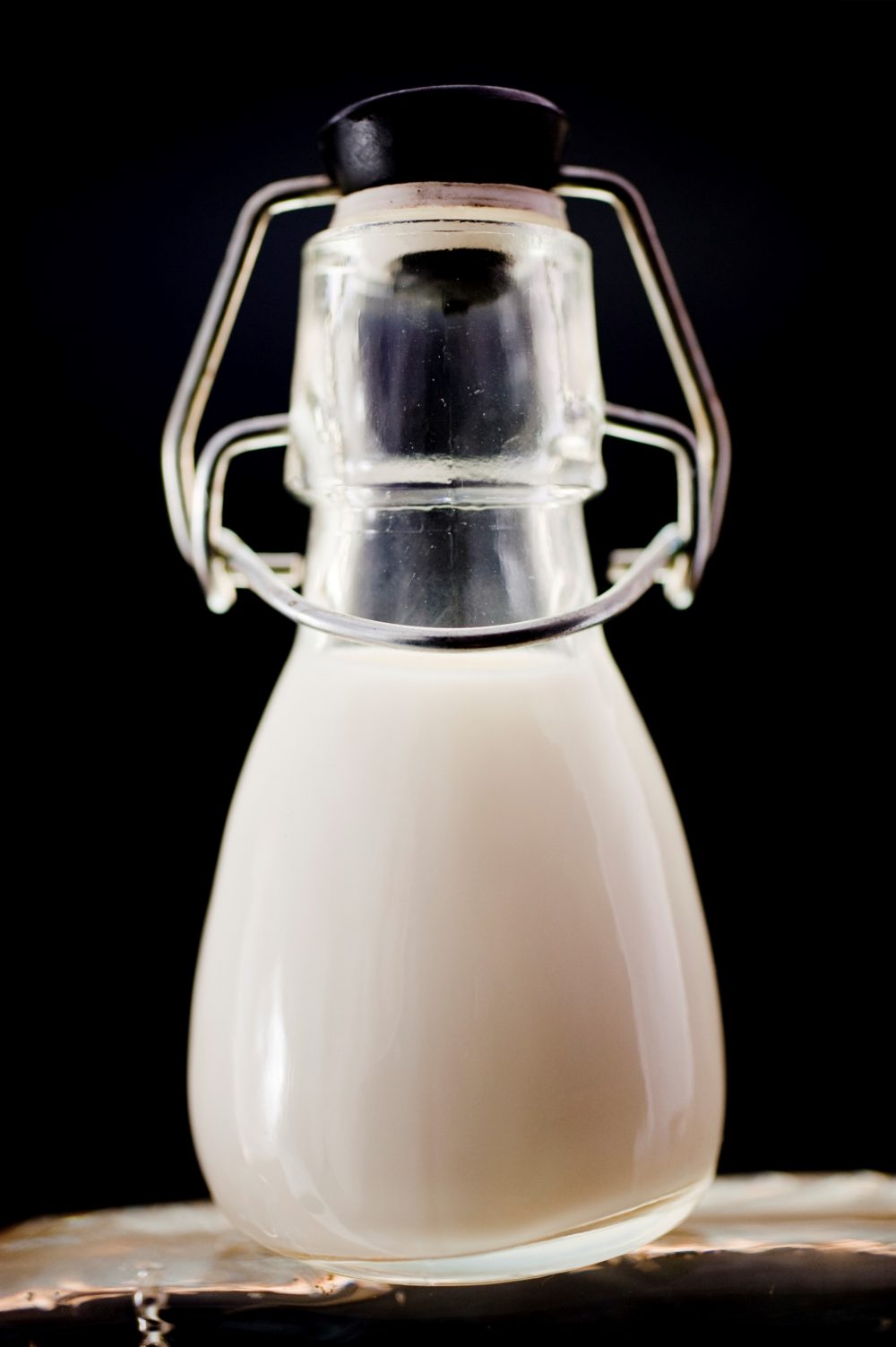
Can cats drink milk?
It seems such a simple question, and before finding our little kitten I assumed that cats drinking milk was the most natural thing in the world. Childhood memories of cats running around on the farmyard eager to have my nana serve them a bowlful of milk straight from the cow makes me smile. Yet once we became cat owners later in life, the phrase ‘cats can’t have milk’ seemed everywhere. This article hopes to bring you some answers to some questions regarding cats and milk.
Do kittens need milk?
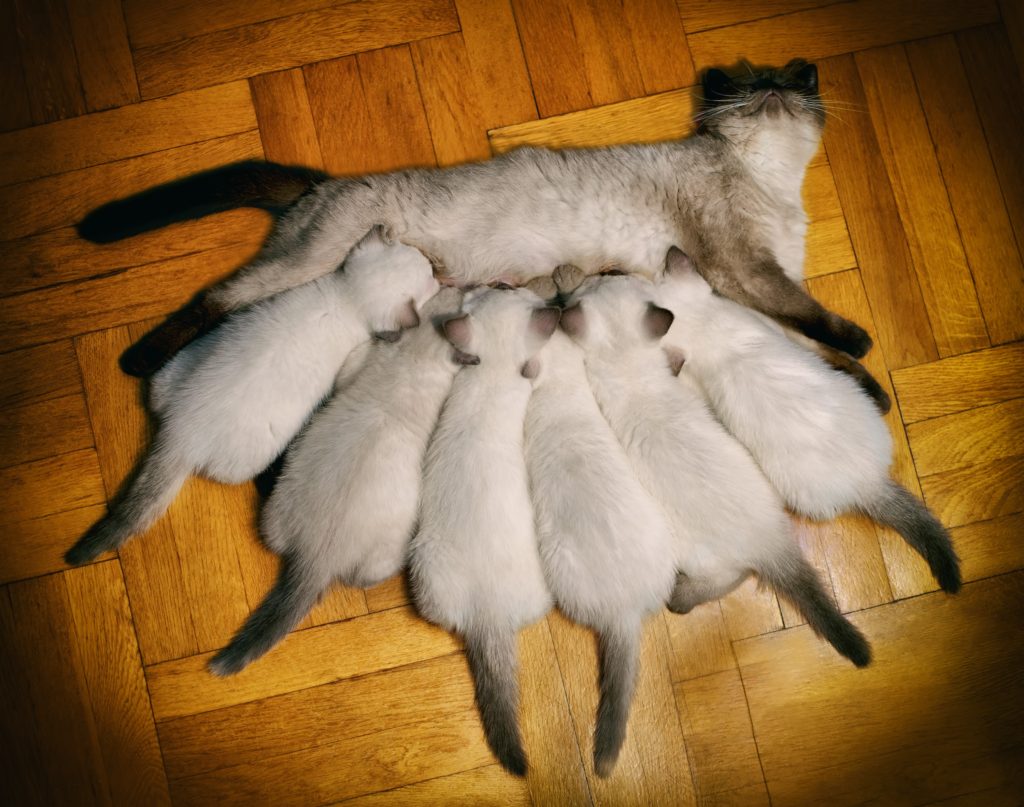
For for the first 10 to 12 weeks of their life kittens will be nursed by their mother. For the first 4 weeks, the kittens will rely wholly on their mother’s milk and this will provide all the nutrition they require. After the first month the mother will start the weaning process and gradually introduce solid food to the kittens. However, she will still be feeding them her milk during the weaning process. The weaning process with kittens is quite slow and usually takes about 4 weeks making the kittens between 8 and 10 weeks old before fully weaned. The milk that a mother provides for her kittens has the right proportion of protein and fats that is needed for the development of the kittens, as well as antibodies to fight diseases.
Are cats lactose intolerant?
After about 3 months many cats can develop an intolerance to lactose. Lactose is the main sugar found in milk. Being lactose intolerance means they are not able to digest milk as they have none, or very little, of the lactase enzyme that is required to break down the lactose for digestion. The body will then attempt to expel the undigested milk. The undigested lactose stays in the digestive system and begins to ferment, and this causes stomach upset. Some cats stop producing the enzyme lactase altogether whilst others just have a reduction in its production. Therefore, although cat’s milk does contain lactose, kittens produce the enzyme lactase, so they can digest their mother’s milk. This lactose in the mother’s milk provides the kittens with a valuable source of calorific energy needed to develop and grow. The kittens will be fully weaned by 10 weeks.
Symptoms of lactose intolerance in cats include:
- excessive gas
- vomiting
- diarrhoea
- abdominal pain
- increased heart rate
- increased thirst
- dry gums
- dehydration
How to treat lactose intolerance in cats?
If you have any medical concerns regarding your cat, please visit your vet for advice. Long term treatment of lactose intolerance is simply avoiding milk and dairy products from your cats’ diet. Some of the symptoms above may need short term veterinary care to lessen the pain and discomfort.
What if the mother cat is not around?
Milk is an important part of the diet for the first 8 weeks, therefore if for any reason you have a kitten in your care and the mother is not around, it is important to feed the kitten special formula milk for kittens. There are many brands to choose from which now offer milk suitable for kittens which takes into account the nutritional and dietary requirements for growth and development.
Should I warm up kitten milk?
If you do find yourself having to feed young kittens, then the temperature of the kitten milk needs to be just right too. If the kittens were fed by mum, then her milk would be at a temperature of 100 to 102 degrees Fahrenheit therefore the formula should be within this range too. A thermometer can help take away any guess work but if you haven’t got one a great way to test milk temperature is using your wrist. Shake a few drops of the warm formula on to your wrist, if it feels too hot, let it cool and test again. If it feels cool, heat some more by placing in a jug of warm water and test again.
Do adult cats need milk?
Once the weaning process is completed, cats can live quite healthily and happily without milk. Milk is not an essential part of their diet. Commercial cat food can provide all the vitamin and minerals that a cat needs to maintain a healthy balanced diet. Whilst milk does contain calcium which is needed for strong bones and teeth, there is enough calcium provided in commercial cat food to ensure this growth and strength is achieved. Therefore, whilst it is not necessary, is it still ok to give our cats milk if they seem to enjoy it? What seems to have changed from my childhood memory of cats lapping up milk with eagerness?
Can I give my cat cow’s milk?
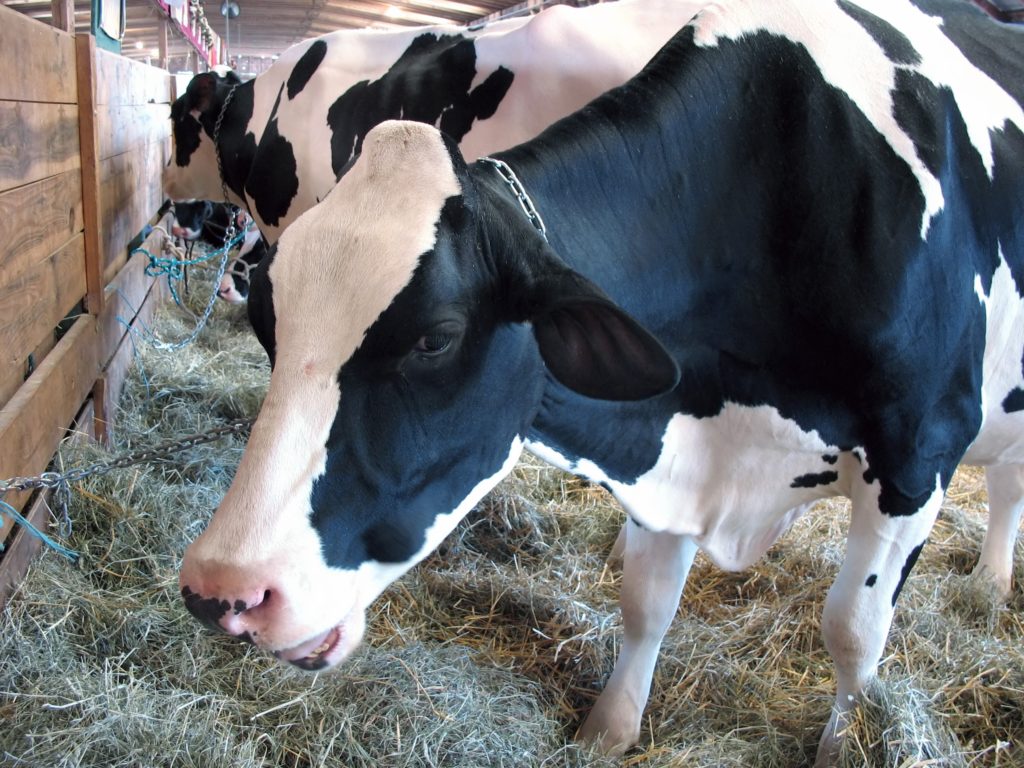 Cow milk does contain lactose and we have established that after 3 months lactose intolerance increases in cats. Most cats are very fond of cream, probably due to its rich, high fat content, so the milk straight from the cow would have been very creamy. Cream has also less lactose than regular or skimmed milk. The milk we now buy from the supermarkets is very different to the milk straight from the milking parlour. It contains a great deal less fat, and whilst it would probably still be tasty to a cat, it would probably be a lot harder to digest.
Cow milk does contain lactose and we have established that after 3 months lactose intolerance increases in cats. Most cats are very fond of cream, probably due to its rich, high fat content, so the milk straight from the cow would have been very creamy. Cream has also less lactose than regular or skimmed milk. The milk we now buy from the supermarkets is very different to the milk straight from the milking parlour. It contains a great deal less fat, and whilst it would probably still be tasty to a cat, it would probably be a lot harder to digest.
If your cat does seem to be able to tolerate cow’s milk, and you decide to give it as an occasional treat then raw cow’s milk is the best option. It has been documented that raw, unpasteurised milk has fewer negative effects on cats than any other types of milk. This certainly ties in with my childhood memory of happy, healthy cats lapping up milk from the dairy parlour. This milk wouldn’t have been pasteurised – just pure, raw, full fat milk straight from the cow. It has been claimed, although still argued otherwise by many, that lactase – the magic enzyme for breaking down the milk sugars – remains naturally present in raw milk. The process of pasteurisation destroys the lactase in the milk. Therefore, the milk is essentially providing naturally what the cat’s body was not producing in adulthood. There are many arguments for and against raw milk, but the issue here is to weight up whether it is ok or not to give your cat some milk. Always try a little first and monitor your cat’s reaction.
Can I give my cat lactose free milk?
Lactose free milk is now an item that is readily available on most supermarket shelves. This has much less lactose in the milk making it easier to digest. There are concerns regarding the level of excess sugars in lactose free milk but as an occasional treat it will not do any harm. Like with any new foods, give just a little to your cat initially and monitor their reaction.
Commercial milk for cats
Many brands now sell milk especially formulated for cats. With low lactose levels, carefully measured fat content and free from artificial additives and flavours, manufactures have developed this milk to suit your cat’s dietary needs. It also provides calcium, fibre and protein and therefore can be a great supplement to your cat’s diet or perfect for a special treat.
Can I give my cat goat milk?
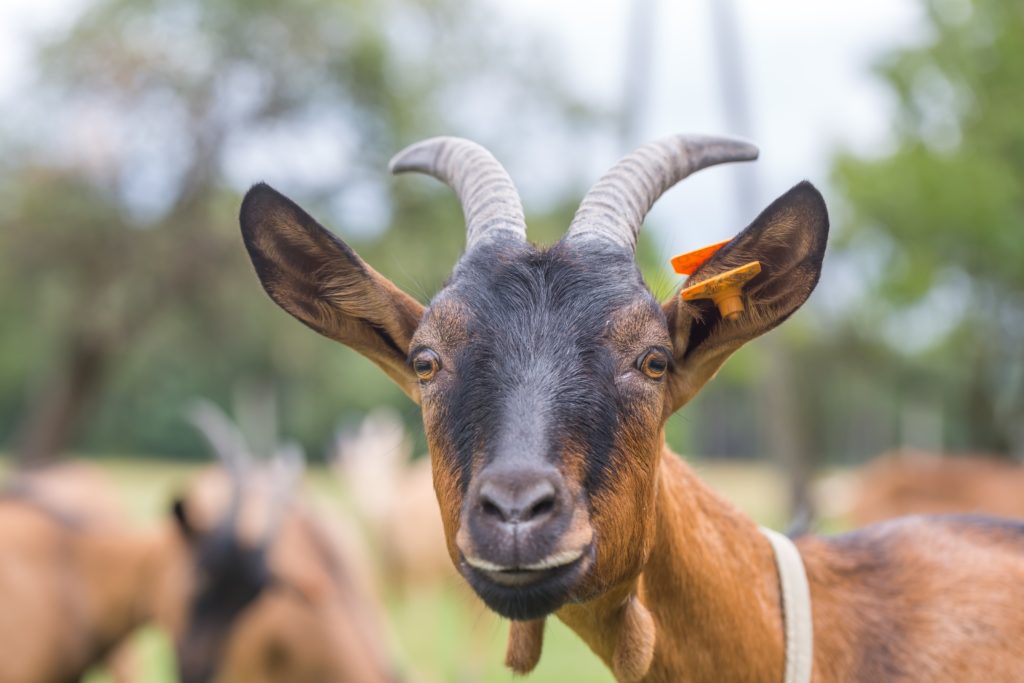 If your cat is able to digest milk, a little goat milk is a good option but opt for raw goat’s milk, not pasteurized. Some will argue that goat’s milk is easier to digest than cow’s milk. Goat’s milk also has higher nutritional value than cow’s milk. Goat’s milk also includes some taurine, an amino acid that is essential in a cat’s diet. Taurine is found naturally in meat-based proteins and cats require relatively large amounts of taurine for good health. Taurine is now added to commercial cat foods in sufficient amounts required to maintain good health.
If your cat is able to digest milk, a little goat milk is a good option but opt for raw goat’s milk, not pasteurized. Some will argue that goat’s milk is easier to digest than cow’s milk. Goat’s milk also has higher nutritional value than cow’s milk. Goat’s milk also includes some taurine, an amino acid that is essential in a cat’s diet. Taurine is found naturally in meat-based proteins and cats require relatively large amounts of taurine for good health. Taurine is now added to commercial cat foods in sufficient amounts required to maintain good health.
Can I give my cat Soya milk?
As soya milk is derived from a plant, it is a vegetable protein and cats lack sufficient enzymes to break the protein down. Feeding soya milk regularly can lead to serious health issues including thyroid and liver problems. Some soy milk has added sugars which on a regular basis can lead to tooth decay and obesity. Some cats are allergic to soy.
Can I give my cat coconut milk?
Coconuts can give us both coconut water and coconut milk. Coconut water is not dangerous to a cat but it’s not something that has any health benefits either. For fluid intake purposes for a cat, water is most certainly the best option. Coconuts also give us milk when the white fleshy lining on the inside of the coconut is strained. Coconut milk is mostly used in cooking. This milk would be very difficult for a cat to digest and feeding it this kind of milk would very likely have adverse effects.
Can I give my cat evaporated milk or condensed milk?
Sweetened condensed milk and evaporated milk are high in sugars and are not recommended at all. Cats are not usually keen on sweet flavours, but even if your kitty has a sweet tooth it is not advisable to tempt your cat with these.
Keeping cats hydrated
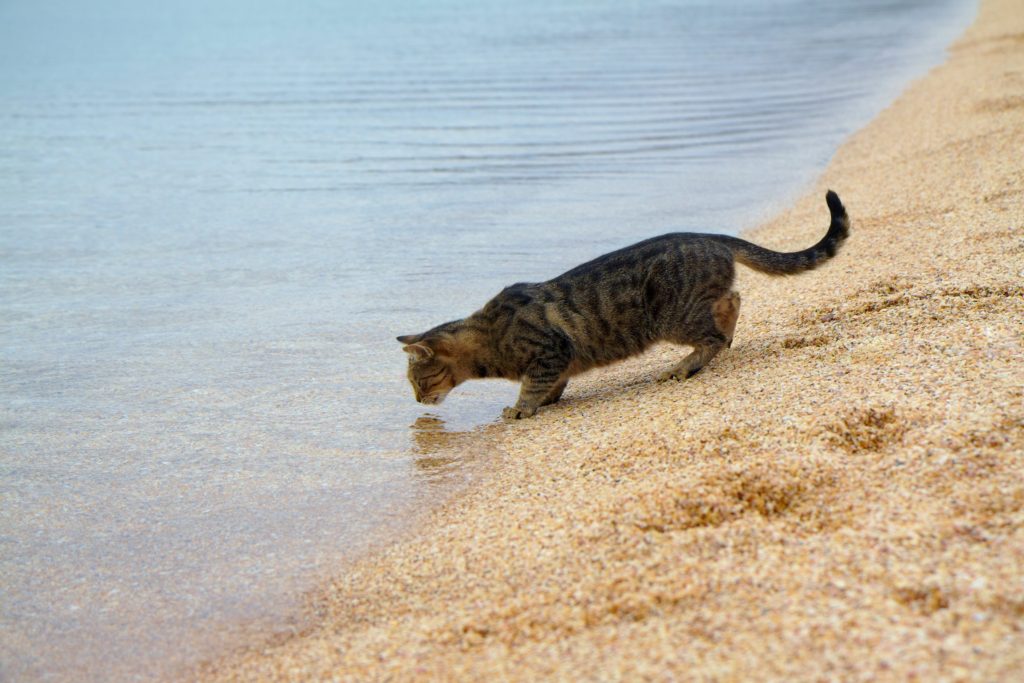 Keeping cats hydrated is very important. Clean, fresh water should be their main source of fluid to maintain hydration. This is especially important in hot weather. Dehydration can become a problem very quickly and can prove fatal especially in young cats. It can be challenging to get cats to drink water and they don’t seem to recognise the need to drink. This is where seeing them lapping a bowl of milk so eagerly can be reassuring on hot scorching days but only if it’s not at the risk of their health. Lactose free milk has a high water percentage, some as much as 89%, which can really help with keeping your cat hydrated. If you decide to give your cat milk as a drink be sure to also make a fresh water bowl available too. Milk should not be a substitute for water. Check out our article on various alternative ways to keep your cat cool in the summer.
Keeping cats hydrated is very important. Clean, fresh water should be their main source of fluid to maintain hydration. This is especially important in hot weather. Dehydration can become a problem very quickly and can prove fatal especially in young cats. It can be challenging to get cats to drink water and they don’t seem to recognise the need to drink. This is where seeing them lapping a bowl of milk so eagerly can be reassuring on hot scorching days but only if it’s not at the risk of their health. Lactose free milk has a high water percentage, some as much as 89%, which can really help with keeping your cat hydrated. If you decide to give your cat milk as a drink be sure to also make a fresh water bowl available too. Milk should not be a substitute for water. Check out our article on various alternative ways to keep your cat cool in the summer.
Summary
Like us humans, all cats are different. Some cats can’t tolerate milk at all, and others can. It seems to be the case that if your cat can tolerate a little milk there is nothing wrong in giving your cat milk as an occasional treat. Your cat can be healthy and does not need milk but provided your cat is not lactose intolerant it won’t do them any harm either. It certainly shouldn’t be the main source of food for your cat. Cats are carnivores and milk alone will not provide the protein, fats and nutrients that your cat needs.
If you do decide to give milk as a tasty occasional treat for your cat bear in mind the following:
- Raw cow’s milk or goat’s milk should be the preferred option.
- Avoid pasteurised milk.
- Try milk specifically tailored for cats.
- Avoid nut and plant-based milk.
- Avoid evaporated milk and condensed milk.
- Their mother’s milk is always the best option for kittens. If this is not possible then opt for milk specifically made for kittens.
- Moderation is key. Any treats should be considered in relation to your cat’s daily calorific intake allowance.
- Always try a little first and monitor your cat’s reaction and health.
- If you are unsure about your cat’s health or require further advice, please consult your local veterinary.
Other articles you may find useful:
How much water does a cat need?
How to keep your cat happy – 10 key factors
Cat Smoothies and Juices – with smoothie recipes for your cat
